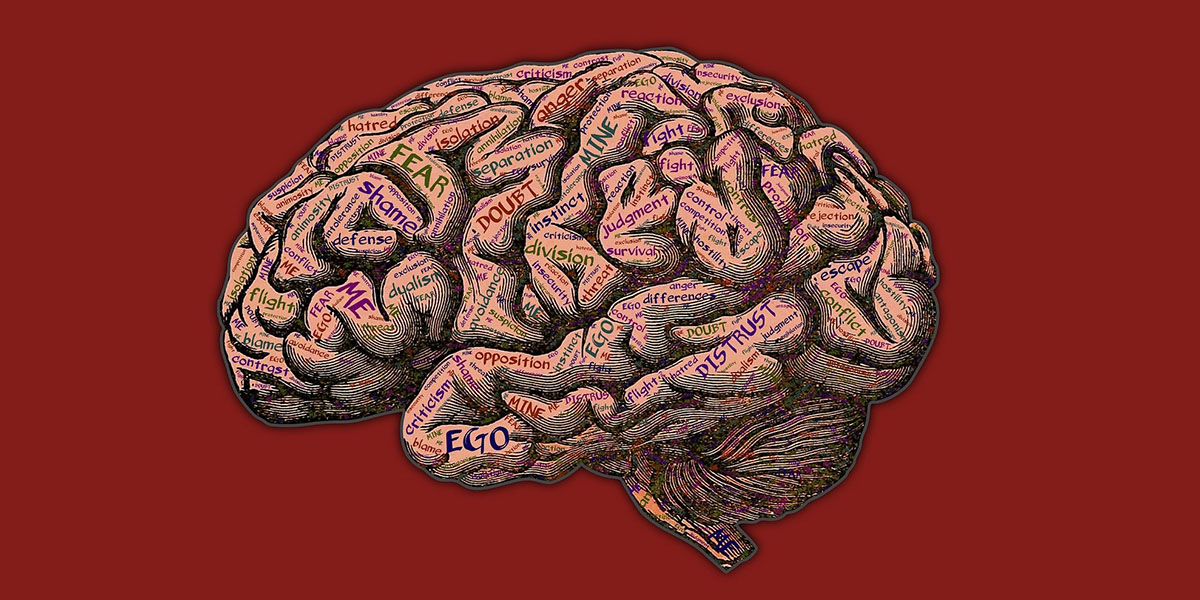Understanding OCD Obsessive Compulsive Disorder
The coronavirus pandemic has not only taken a physical toll on people, but also a mental one. While many people have always struggled with anxiety and stress, it appears that the pandemic has had a marked negative impact on the mental health of the general population. OCD, or Obsessive Compulsive Disorder, is an anxiety disorder and so the effects of the pandemic have made life even more acute for some sufferers. In fact, some people may only now be realising that what they are feeling, and how they are coping, may go beyond the anxiety felt by many people into something more serious. However, this realisation is not a cause for feeling more stress, as understanding something is the first step to managing it better. In today’s blog post therapist Teyhou Smyth gives an overview of OCD along with some guidance on how one can begin to manage the disorder.
 Have you ever dwelled on something that happened, to the point of feeling like you couldn’t stop thinking about it, even if you tried?
Have you ever dwelled on something that happened, to the point of feeling like you couldn’t stop thinking about it, even if you tried?
Imagine that feeling multiplied by 100.
People who struggle with Obsessive Compulsive Disorder (OCD) are quite familiar with this feeling and it becomes worse during periods of high stress. OCD is an anxiety-based disorder in which thought patterns become stuck.
For people with OCD, their behaviours can become ritualised in an effort to reduce feelings of anxiety.
These repetitive behaviours might alleviate some distress initially, but the underlying stressors remain.
The person struggling with OCD might then increase the behaviours or dwell on the thoughts even more. This cycle continues and causes disruption in the person’s life.
The most stereotypical example that we frequently hear about with OCD is hand washing.
The obsessive fear for someone who has this particular type of OCD is generally related to a phobia of germ infestation.
Naturally, when we feel there are germs on our hands, we wash them. While this seems like a simple way for someone to reduce that fear of germs, someone with OCD might also dwell on the possibility of germs.
So that underlying fear is lurking there, and it’s not only about the germs that might be on the hands right now, but the germs that could be gathered from touching any item, particularly items that others touch (door handles, books, items in public areas).
The average health-conscious person understands that germs can be unhealthy and takes measures to avoid them.
Someone with OCD might anticipate germs everywhere and may engage in protective measures that seem excessive to alleviate the fear of contamination.
Over time, even those measures may no longer seem adequate, which can result in compensatory behaviours like adding additional steps to the process. OCD thoughts and feelings can make those behaviours spiral out of control. It can end up taking over one’s life if it goes unchecked.
Anxiety and obsessive thoughts drive the bus when it comes to OCD.
Compulsive behaviours may show up as part of the method to solve the feelings and reduce stress related to the uncomfortable thoughts. The problem is, the compensatory behaviours don’t solve it.
Not all OCD is created alike.
One person may have mainly obsessive thoughts which perpetuates a lot of distress and cyclical thinking, while another person might have some thoughts but delve deeply into compulsive behaviours to meet a need they aren’t exactly sure of.
Just as in any other condition, Obsessive Compulsive Disorder brings a unique set of experiences, thoughts and feelings to each person who deals with it.
The solution lies in managing the tendency toward obsessive thoughts and behaviours.
One must become keenly aware about their internal process and keep an eye on thoughts and feelings as they arise.
How to Manage OCD Symptoms
Obsessive Compulsive Disorder isn’t “curable” per se, but it can be managed and even capitalised on if you play your cards right.
Recognise the flare ups:
Pay attention to when your thoughts begin to dwell on certain topics. What are your go-to thoughts and fears that you often revisit (even though you might not want to)?
Do you have behaviours that your mind tries to convince you will solve the anxieties? What sorts of behaviours do you engage in (if any)?
Decrease stress:
High stress makes OCD worse. What are your sources of stress? Think about your coping strategies to manage stress. What sorts of activities can you participate in on a regular basis to reduce your overall stress in life?
When stress is high, make the time to use healthy coping skills. Say no when you need to. Make yourself and your needs priority.
Respect your routine but break out of it occasionally:
Often people with OCD benefit from a routine, but can become overly dependent on it. Include exercise, a whole-foods diet and time to decompress with friends and family in your usual routine but don’t become too addicted to the structure.
Push yourself out of that comfort zone at times; this will increase some flexibility in thought patterns that is healthy for you to practice.
Obsessive compulsive disorder is manageable with self-awareness and practice.
Talk to a therapist about OCD and coping strategies for Obsessive Compulsive Disorder. If things become increasingly difficult, certain antidepressants have positive results for OCD and this can improve quality of life for someone whose life is being highly impacted.
[This blog post originally appeared on Teyhou’s website www.livingwithfinesse.com ~ some content may have been modified for the UK context.]
